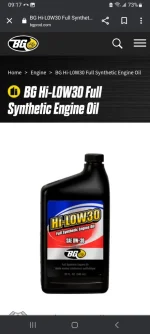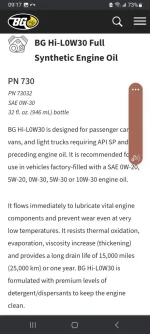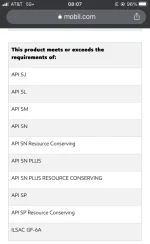I wonder about the OP, for that matter any innocent newbie making their first post on BITOG and then after 80 replies wondering if it will ever be safe to come out from under the couch?
The Romans had their Theatre with humans slaughtered by lions, BITOG has something newer but no less threatening for the amateur.
The Romans had their Theatre with humans slaughtered by lions, BITOG has something newer but no less threatening for the amateur.




